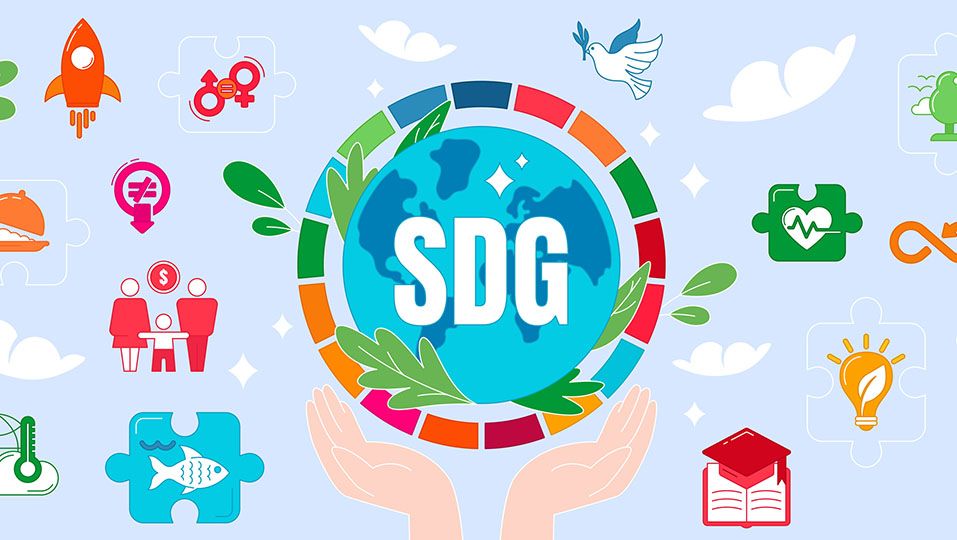Of the 2,000 global companies identified as having the greatest potential to transform systems and influence progress toward the UN’s Sustainable Development Goals (SDGs), less than a third have verified emissions reduction targets, according to a report.
The companies, known as the SDG2000, are identified by the World Benchmarking Alliance at the start of every year, and in 2024 includes the likes of Samsung, Coca Cola, Ørsted, Alibaba and Barclays.
They hold dominant positions in their respective industries, provide the vital food, energy, housing, internet, transportation and financial systems our societies depend on, and have collective revenues of $45trn, equivalent to 42% of global GDP.
Headquartered across 86 economies and with operations and supply chains spanning the globe, their influence, according to the World Benchmarking Alliance (WBA), could “significantly accelerate” sustainable systems transformation, and deliver progress towards the UN SDGs.
But despite the hope that the companies could be major agents of change, only 29% have submitted greenhouse gas (GHG) emissions reduction targets to the Science Based Target initiative (SBTi).
Of the 10 businesses with the highest revenues, only two, Apple and Walmart, have SBTi-recognised emissions targets.
The WBA also found a lack of transparency. Of the SDG2000 companies, only 122 disclose all the relevant data. Companies headquartered in Europe and North America, accounting for just over half the SDG2000 list, make up over three quarters of those disclosing full data.
Almost all companies disclosing all information are publicly listed but there were also four privately owned companies (Cargill, Charoen Pokphand Group, Elsewedy Electric and Ferrero) showing that private ownership does not need to be a barrier.
Sustainability accountability
The WBA is pushing to accelerate ambitious corporate action and ensure companies are held accountable for their sustainability progress by policymakers, investors, NGOs and consumers alike.
Meeting at Davos, the WBA hopes to accelerate a year of ambitious action from businesses around the world as the clock ticks down on the 2030 deadline to achieve the SDGs.
Gerbrand Haverkamp, executive director of the World Benchmarking Alliance, said: “We have passed the halfway mark on the deadline to achieve the SDGs and only 12% of the targets are on track. We are not delivering what the world requires.
“Without accountability, businesses will not take the action both people and the planet desperately need. We must strengthen corporate accountability and make the impact of companies consequential to their success.
“While governments around the world are responsible for achieving SDGs within their borders, business action is voluntary. And yet there is no way we can reach these goals without the might of the corporate world. With the clock ticking, businesses must get back on track.”
The SDG2000 list is refined every year, as the companies with the most influence changes. As the role of artificial intelligence (AI) grows, digital is a sector that needs to develop with transparency and accountability built in.
WBA’s Collective Impact Coalition for Digital Inclusion has been focusing on driving progress on corporate commitment to ethical AI principles.
To date, 52 digital companies – only a quarter of those included as most influential in the world – have adopted ethical AI principles, the first step. Only three companies (Deutsche Telekom, Microsoft, and Telefónica) meet all eight of WBA’s ethical AI criteria.








